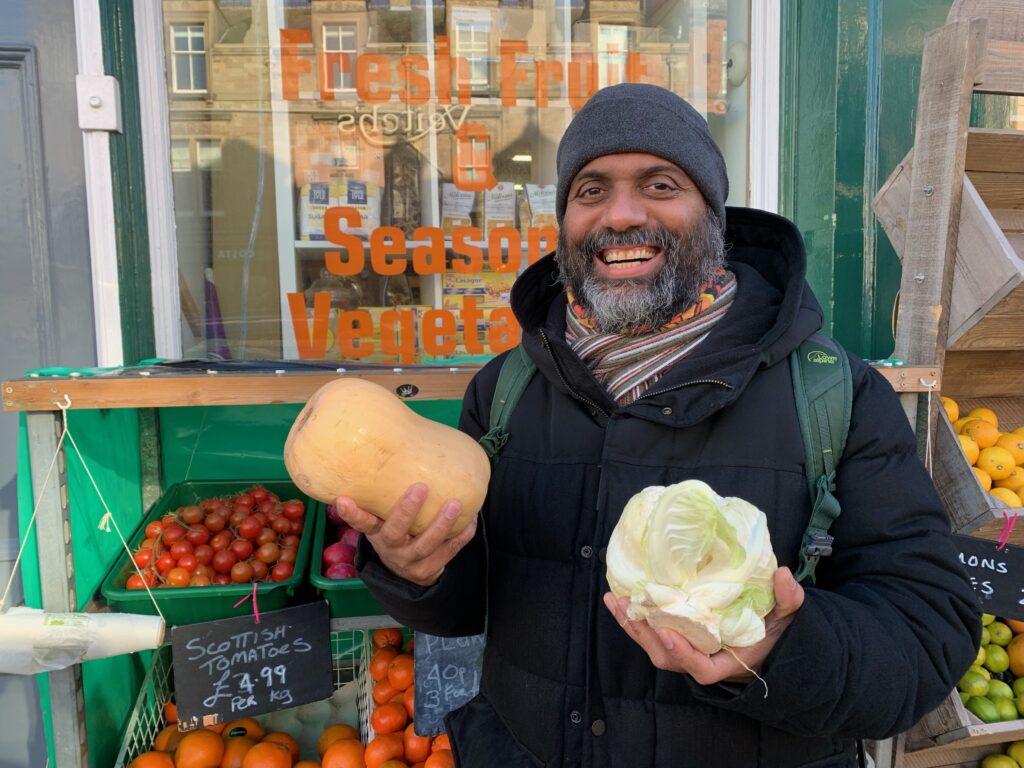This week Bosco Santimano founder and executive director of social enterprise You Can Cook, shares his thoughts on why the council should invest in allotments to support small farms and residents in the Scottish Borders.
2025 is going to be another difficult year for many families and individuals who have seen not only their financial situation worsen but also their physical and mental health. Many will be forced to get their food via by Foodbanks across the UK. While food inflation has risen exponentially since the pandemic, citizens are less likely to have access to good wholesome foods at affordable prices.
The Scottish Borders is well placed to run small scale farms and other food related businesses and the local council should be providing startup investments for young people and local enterprises who are passionate about growing food and developing a thriving food industry locally so they don’t have to leave the region looking for work.
As of March 2025, the Scottish Borders region faces several challenges concerning allotments. There are significant number of overgrown and unused allotment plots, particularly at the Wilton Park Road site in Hawick, which have remained vacant and overgrown. This neglect has deterred potential gardeners, especially when plots become increasingly difficult to cultivate over time. This raises significant management and maintenance issues for allotment holders who have repeatedly expressed concerns over the lack of regular inspections and maintenance by Scottish Borders Council. Instances have been reported where plots have been left unattended for extended periods, leading to overgrowth and reduced appeal for prospective tenants.
There are development pressures in Peebles where allotment holders are contending with potential displacement due to development interests. Despite legal challenges and community opposition, the threat of losing these allotments to housing projects remains a pressing concern.
The demand for allotments continues to outstrip supply. For instance, in Peebles, the waiting period for an allotment at sites like The Gytes, Burgh Hall, and Moss Park is approximately three years. In Hawick, sites such as Guthrie Drive and Wilton Park Road have waiting periods of up to two years, indicating a need for more plots to accommodate interested residents. Addressing these challenges requires a collaborative approach involving local authorities, community organizations, and residents to ensure that allotments remain accessible, well-maintained, and protected from external development pressures.
Local elected councillors and MSPs should come together to work on long term solutions to alleviate food shortages and higher prices of essential commodities in the region. Party politics should take a back seat and elected representatives should work in partnership with local people, young and old, community groups, schools and social enterprises that put people first across the Scottish Borders.
Land to build houses can be found very quickly as profit motives drive this trend, but land for growing, that is another matter. We need to act quickly as current global events unfolding in front of us will keep having a detrimental impact on our health and well-being.
This column was published in the Peeblesshire News on Friday 21st March 2025

